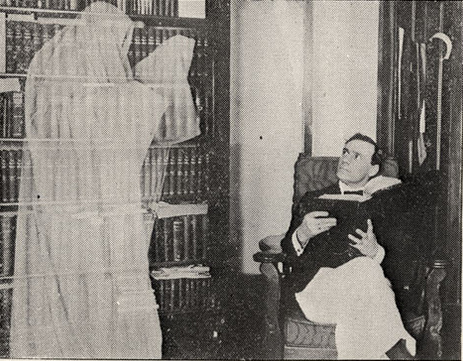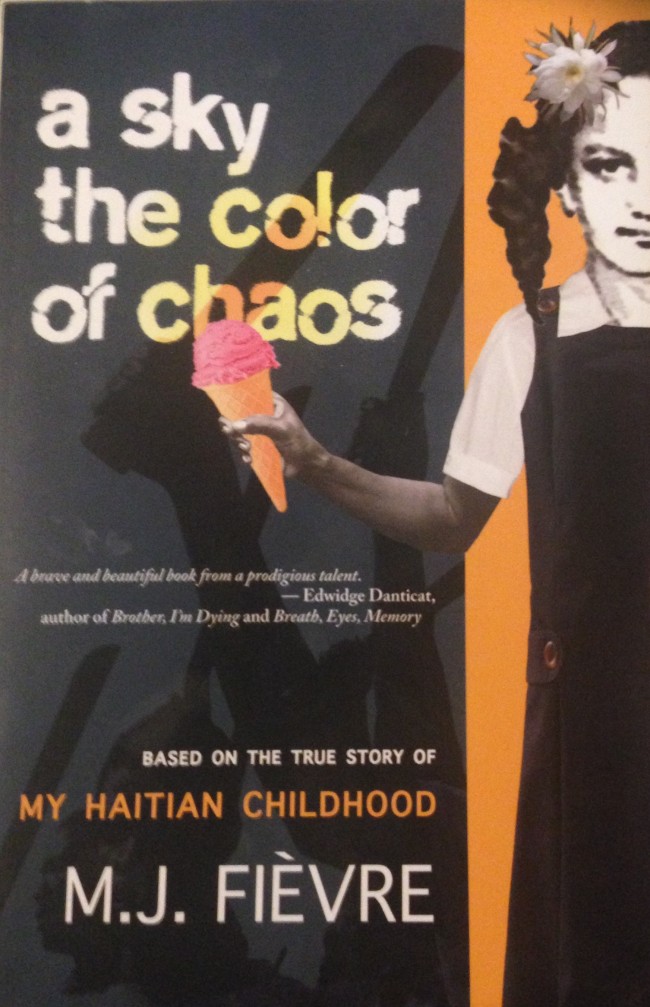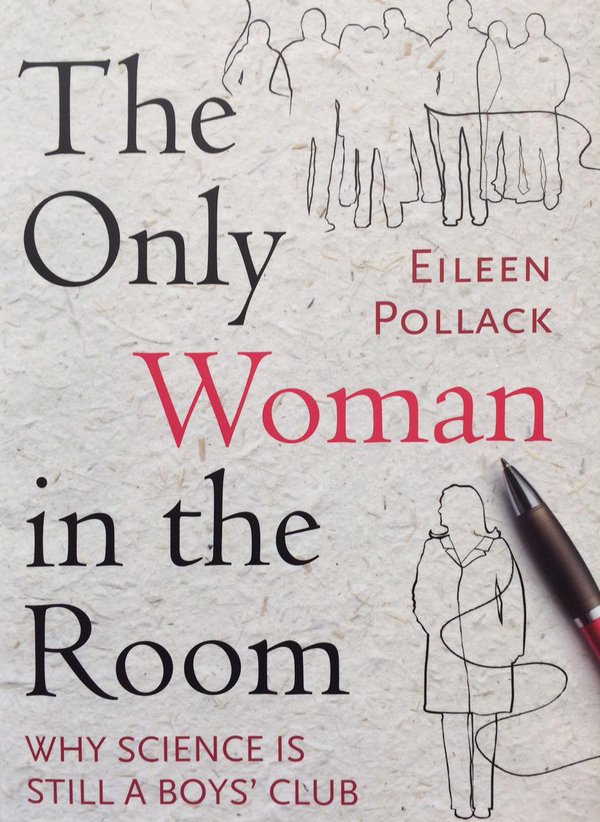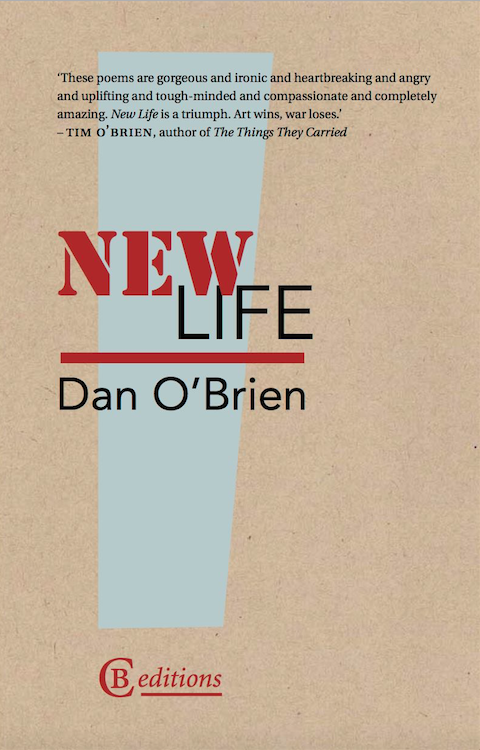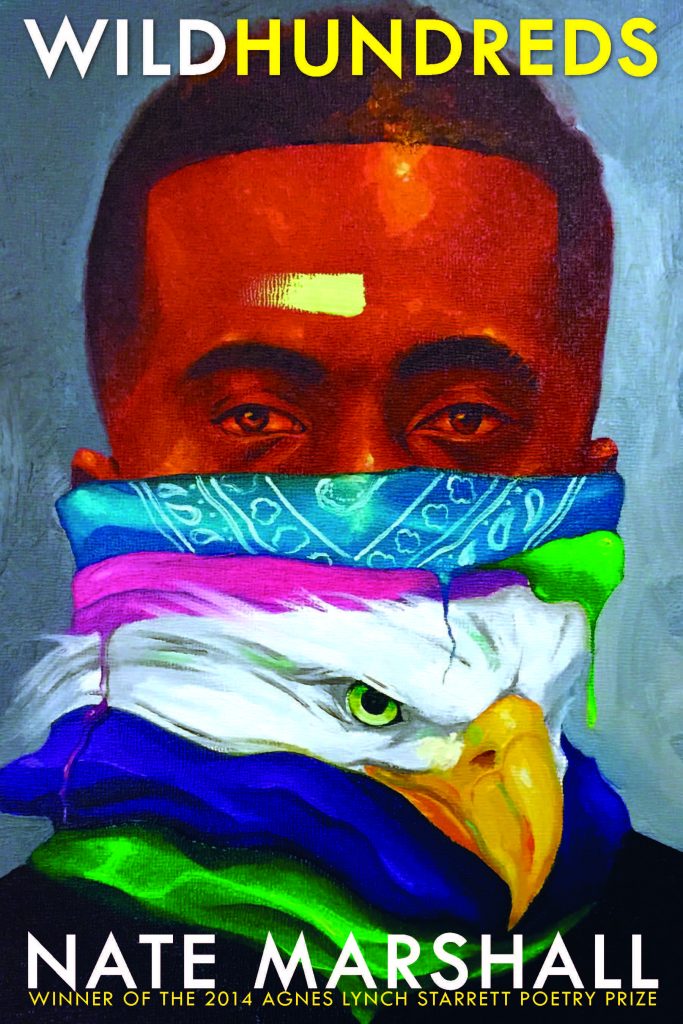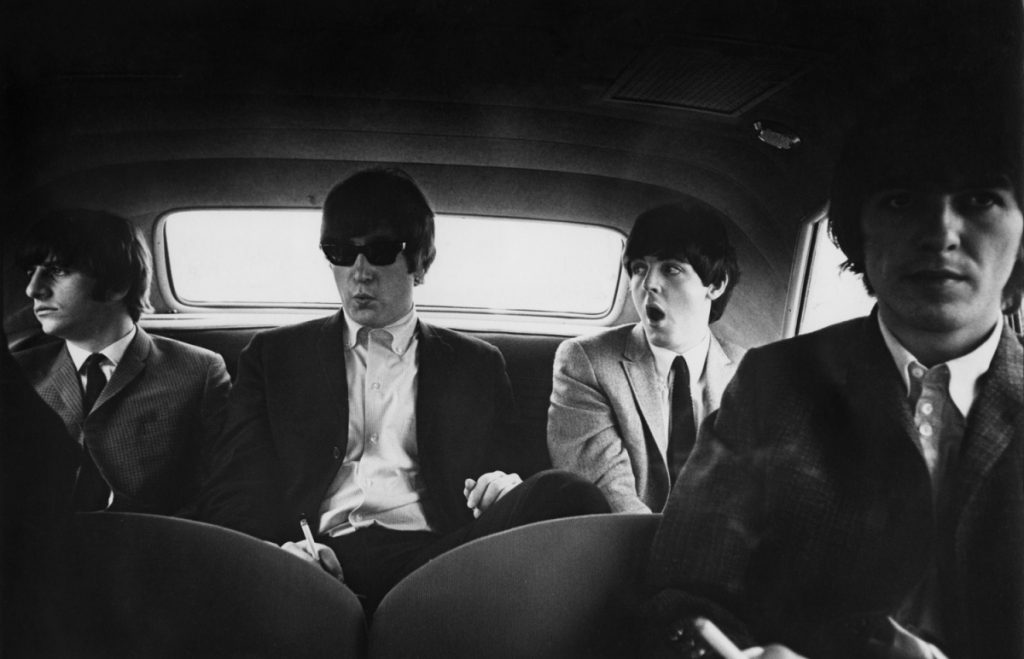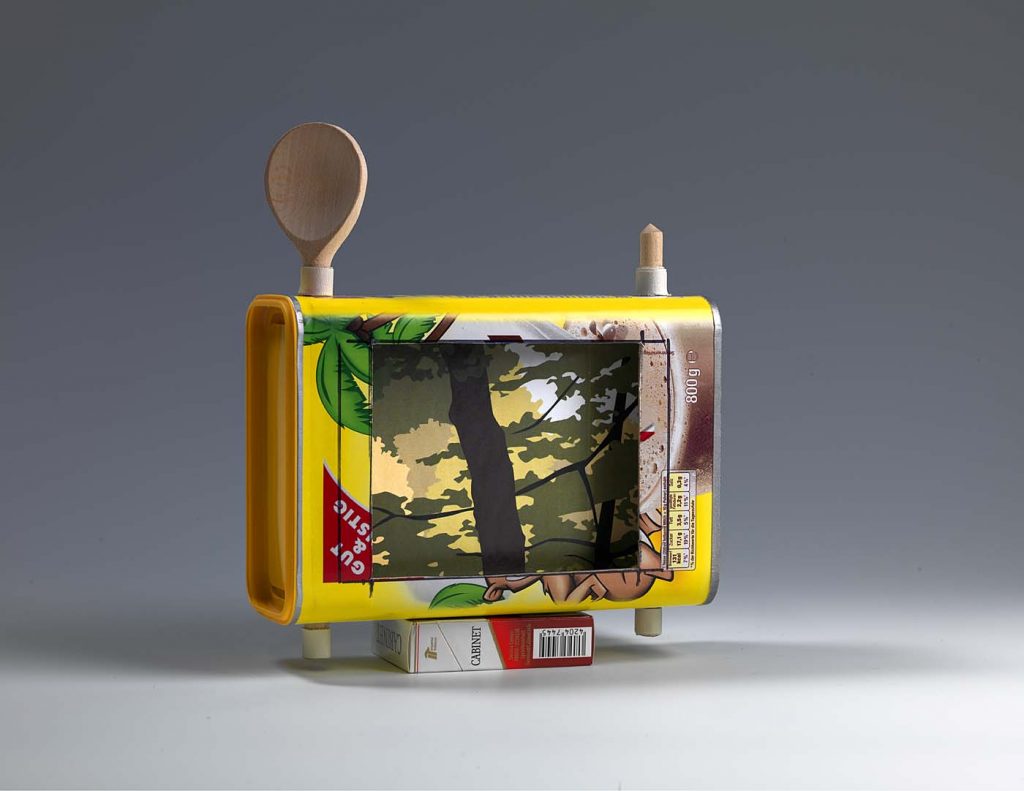A month ago, a billboard advertising Lifetime’s latest cautionary tale-style movie, to join the ranks of such films as The Bride He Bought Online and I Killed My BFF, appeared on Hollywood Boulevard. Although some past Lifetime movies have drawn some media attention prior to their release–The Pregnancy Pact, in particular, gaining a serious online following before it even aired in January of 2010–the attention this new film, A Deadly Adoption, received had nothing to do with its uncanny resemblance to real events (though both films claim to be inspired by true stories). Instead, it was the two heads hovering at the billboard, over a pregnant woman standing on a dock, which propelled the Internet into wild speculation. At the helm of this Lifetime movie, both looking a little resolute and a little alarmed in profile on the billboard, were comedians Will Ferrell and Kristen Wiig. The tagline: “The birth of a plan gone wrong.”

